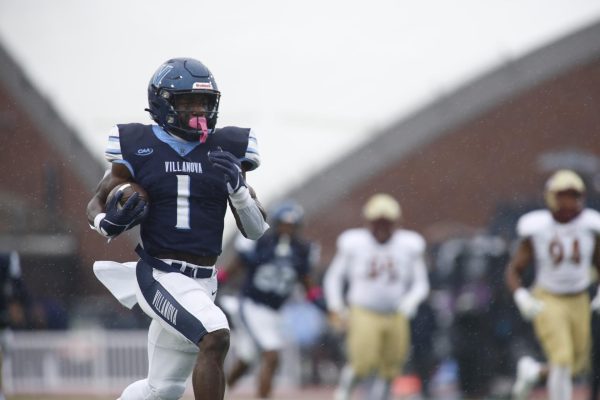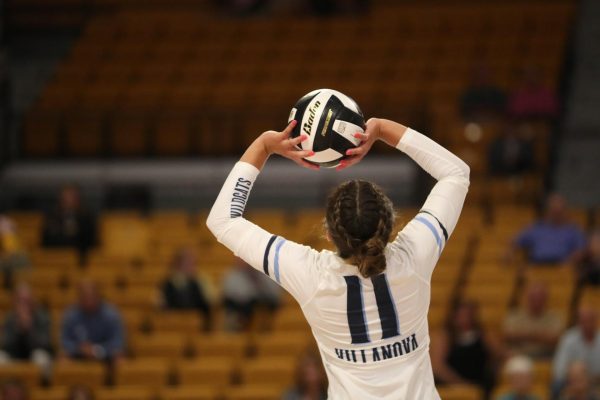‘Bartlett’ aims too high to please
February 13, 2008
Director Jon Poll, who previously worked as a producer on movies like “The 40-Year-Old Virgin” and “Meet the Fockers” (for which he also was second unit director), attempts to widen his audience with “Charlie Bartlett.”
Although R-rated, Poll hopes that “Charlie Bartlett” will appeal to teenagers, those who have teenagers and those who have ever experienced teenage angst and rebellion.
However, in his pursuit to widen his audience, he falls short of creating something memorable and original.
With a mix of genres and references to other classic teenage films, the movie takes its personality from that of the teenage boy Charlie Bartlett-adorable and funny, but still uncertain about its identity and not fully grown-up.
Bartlett is one of the brightest students in his prep school.
He uses his intelligence to get illegal paraphernalia into the hands of his peers, which earns him popularity with students but trouble with authority.
His most recent expulsion is for creating fake IDs, and after being kicked out of every prep school and now sent to public school for the first time, Bartlett has yet to learn his lesson.
Bartlett gains popularity in the public school by acting as a psychiatrist.
With the boys’ bathroom as his office; prescription drugs on hand; and a school full of depressed, angry teenagers with self-esteem issues, Bartlett, much to his excitement, finds that everyone knows his name and everyone needs his help.
With a plot about a teenage boy handing out prescription drugs like they are Halloween candy, it’s easy to guess how the rest of story follows.
While the storyline may be terribly predictable, the movie is not a bore due to its fantastic cast.
Charlie Bartlett, played by Anton Yelchin, is animated and easy to love, despite his juvenile misdemeanors.
He sings, dances with vintage Ray-Bans on, plays Cat Stevens songs on the piano, loves his mother and cares about his girlfriend.
We watch him grow from an idealistic teenager who resists any form of criticism to a young adult whose voice quivers with vulnerability when he realizes the outcome of handing out drugs.
He sounds most mature when he faces his suicidal principal and can’t help him.
Ironically, we see Bartlett grow up when he admits, “I’m just a kid.”
Another stand-out character is Bartlett’s girlfriend, Susan.
Unlike many other high school movies, Susan is neither ditzy nor popular. She is strong and opinionated and helps Bartlett grow up.
As Poll puts it, “She brings a lot of heart.”
The story has heart and does deal with the relevant young adult issues of drugs and broken families, but the way it portrays the content is unoriginal and over-the-top and takes away from character development.
Take for instance the day Bartlett moves to public school. It feels like watching a teen flick from the 1990s.
Why must every single high school clique be showy and exaggerated? And in suburban Connecticut, do all these cliques even exist?
The movie also tries to have a serious message about the effects of drugs, but when Bartlett tries Ritalin for the first time, his actions are too comical.
“Charlie Bartlett,” while trying to appeal to everyone and fit into multiple genres, finds itself stuck in a mix of cheesy teenage comedy with adult drama.












